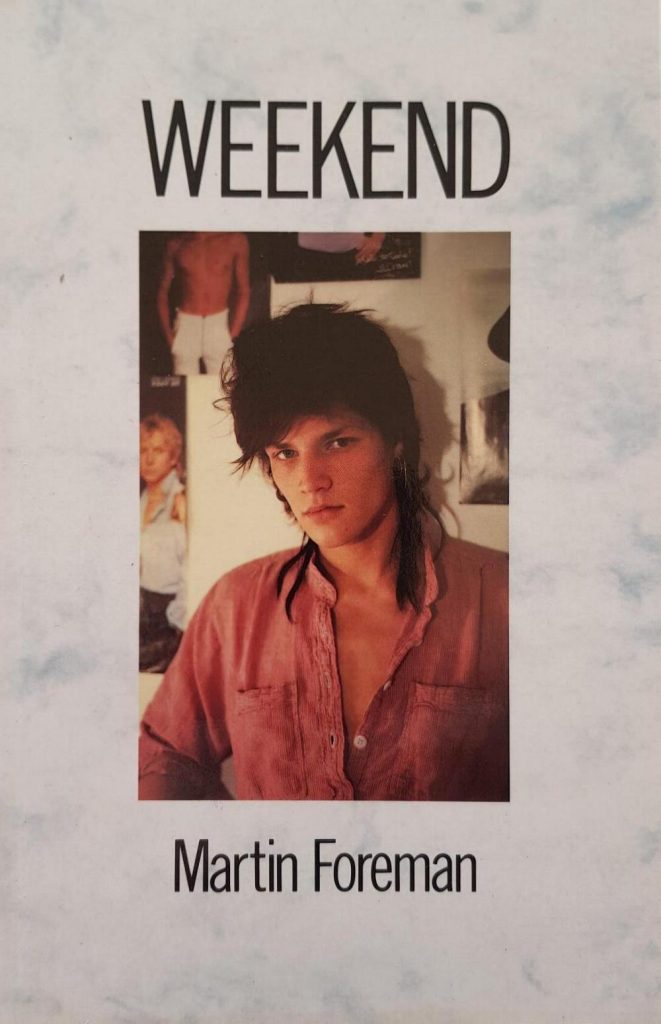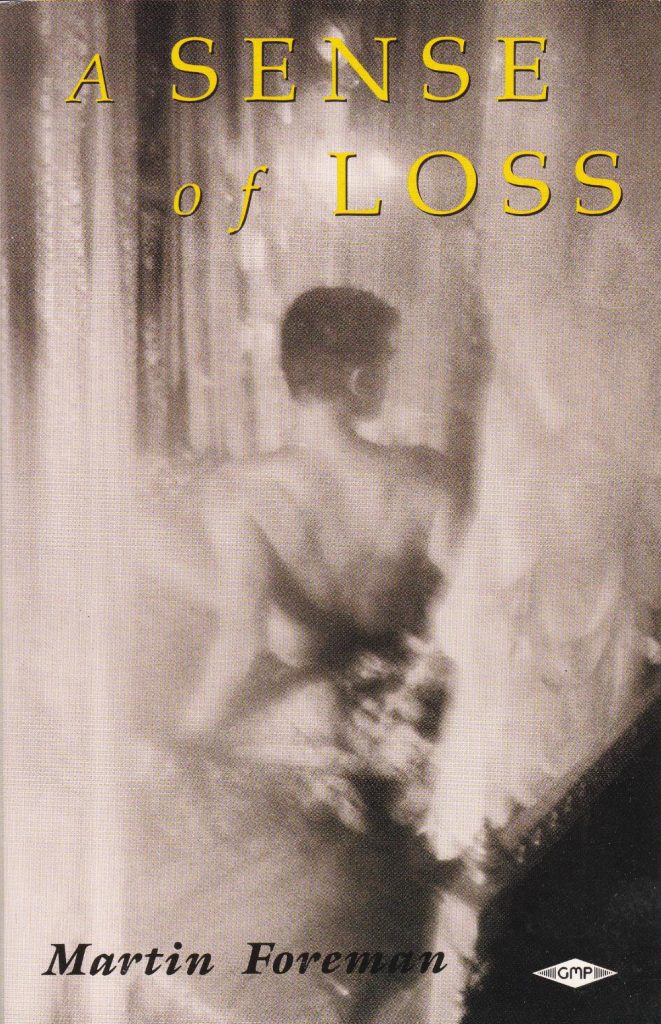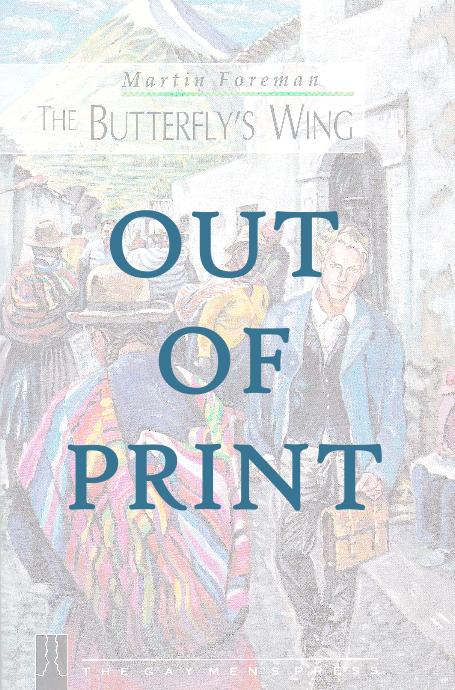Fiction
Martin Foreman’s fiction was first published in magazines in the 1980s and in book form in the 1990s and early 2000s. Arbery sells unsold copies of that period from Third House publishers, Gay Men’s Press and Paradise Press.
His writing evolved from a purely gay man’s perspective (Weekend, A Sense of Loss) through gay sexuality being secondary to the drama of a kidnapping (The Butterfly’s Wing) to the emotions of individuals of very different sexualities, genders and ages (First and Fiftieth).
In the early 2010s some of his fiction became theatre. The title story in A Sense of Loss became Death on the Lido, while several stories in First and Fiftieth were rewritten, all as one-actor plays.
Weekend
“It was as if he had awoken not only from the previous night’s sleep but from the last three months and the growing happiness he had felt had been no more real than the morning’s dream which had already faded from his mind.”
This debut novel charts the course of two days in the life of a gay man in his twenties who is facing a crisis in his current relationship; interwoved with the tensions between Mark and Robert are Mark’s memories of two previous lovers.
Reprinted 1991
A Sense of Loss
“I wanted to be alone or I wanted to be in darkness or I wanted to be outside. I did not know what I wanted, only that within me there was an unsatisfied and unrecognised need, an itch that tormented just out of reach.”
Fifteen short stories displaying a counterpoint of different voices. Some reflect the shifting kaleidoscope of gay reality in Britain: others take the reader to wider horizons – to Brazil and into landscapes of allegory and myth..
Published 1993
The Butterfly's Wing
“I was young enough not to realise what I was letting myself in for,
and young enough that if I had known I would not have cared.”
An ambitious novel cast in the form of two diaries which record the torment two men are thrown into when one is kidnapped in Peru. The story weaves major world issues with personal agonies as it moves towards its dramatic denouement.
Published 1996
First and Fiftieth
“Trouble is, memory changes things. Things you want to forget. Things you want to remember that never happened.
Happens to everybody. Gets so, nobody’s story’s true. Not yours, not mine. But it’s all we got.”
Men and women from teenagers to grandparents each speak in a distinctive voice and with intense emotion as love and sex, violence and humour, anger and pathos meet in this kaleidoscope of human comedy and tragedy.
Published 2002




